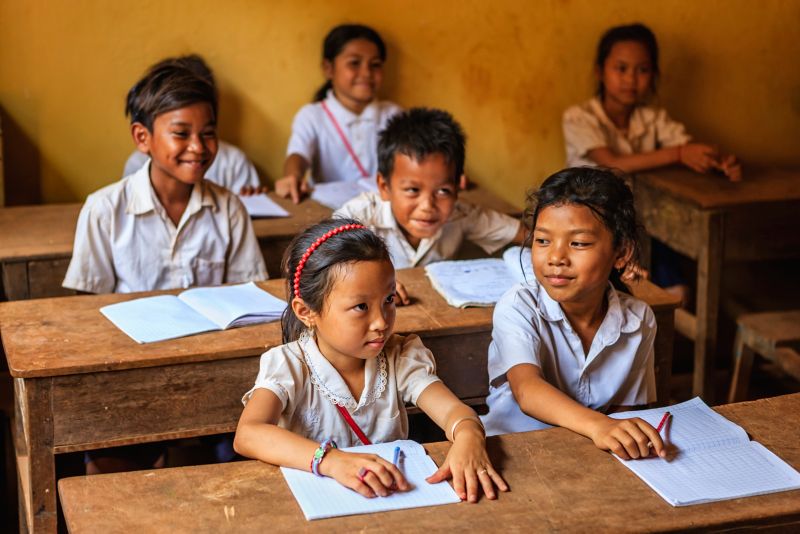The RMIT University research is the first comprehensive study of Plan International’s 12 million survey dataset in a full-scale, independent analysis of child sponsorship.
While it shows benefits – for example higher likelihood of birth registration, school attendance, access to clean water and general health and social wellbeing for sponsored children – it also highlighted areas where more work can be done.
Report co-author, RMIT’s Professor Simon Feeny, said for example that children were found to be more likely to be in school every year until the age of 10, when the probability of attending school began to decrease.
Co-author Dr Sefa Churchill added that other outcomes were also less positive among adolescents including the chance of being classified as poor increasing around 14 years of age.
“This indicates that new approaches need to be employed to address the risks associated with adolescence as a stage in a child’s development,” said Churchill.
Communication between sponsors and children also emerged as a key issue with the study showing there is a positive relationship between communications and development outcomes.
Letter writing is a key aspect of Plan International’s sponsorship model and the findings indicated some positive effects of letter-writing such as greater self-reported health and higher levels of school attendance.
Conversely however, the report revealed feelings of jealousy among children without a sponsor and disappointment when letters from sponsors were not received.
Co-author Professor Alberto Posso said there was a difficult balancing act at play as while minimal communication could help to avert jealousy among children in a community without a sponsor, it could also lead to disappointment among those who were sponsored.
“Unfortunately, low levels of communications were shown to produce negative feelings among assigned children who were expecting more contact,” he said.





